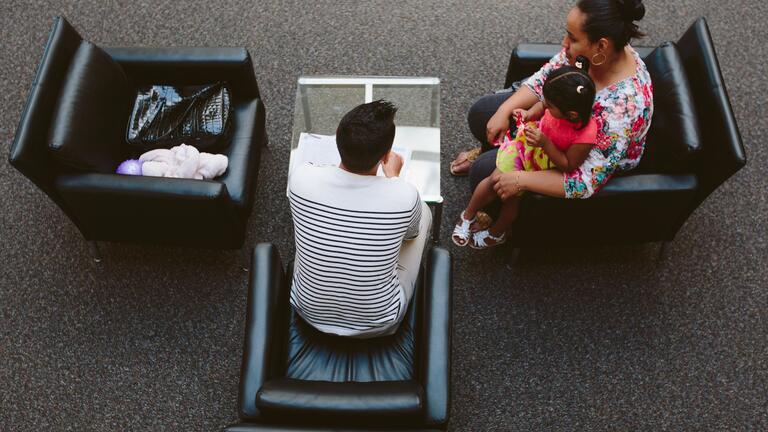
Law Clinics
Law clinics let you practice real lawyering by representing defendants, advocating for minors in immigration and asylum proceedings, pursuing justice for individuals who have been wrongfully convicted, and working with startups and nonprofits to secure trademarks and patents.
Explore the Clinics
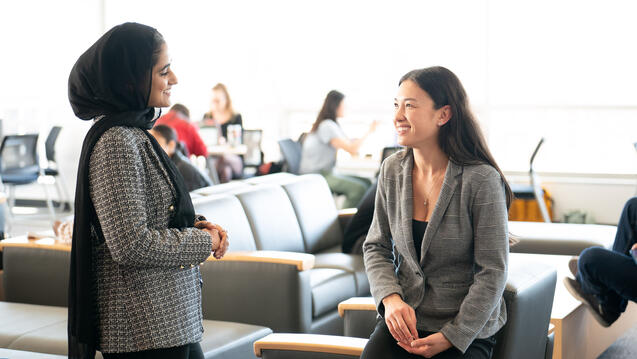
Criminal Justice Clinic
Step into the fast-paced world of criminal defense by working alongside attorneys at the Public Defender’s Office. From interviewing clients and writing motions to arguing in court and second-chairing trials, you’ll gain real litigation experience.
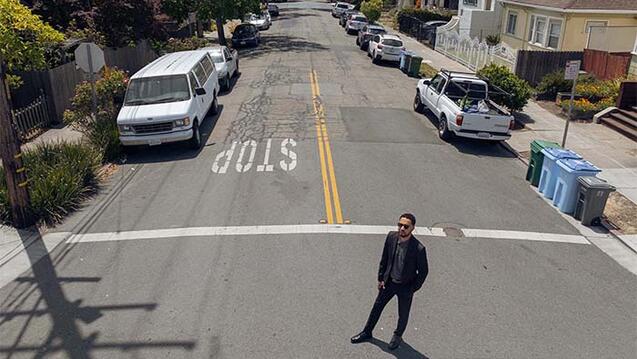
Housing Justice Practicum
In the Housing Justice Practicum, you’ll step into the role of a tenant rights attorney and put your legal education to work in the service of real clients. Designed for upper-division students, this practicum immerses you in urgent and meaningful work.

Immigration & Deportation Defense Clinic
As a student in the Immigration and Deportation Defense Clinic, you’ll work directly with unaccompanied immigrant children and families who are in removal proceedings in the San Francisco Immigration Court.
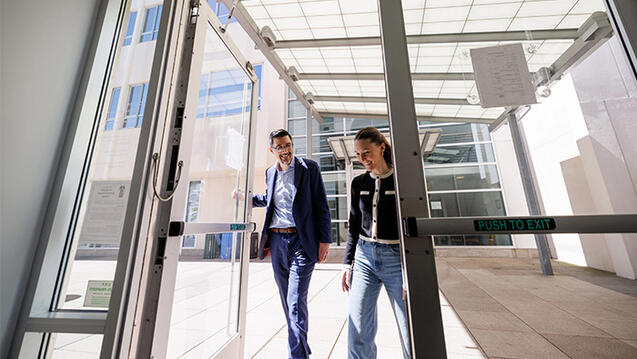
Immigration Policy Clinic
As a student in the Immigration Policy Clinic, you'll analyze changes to immigration policy, prepare resources for those impacted by it, and provide direct assistance in special cases.
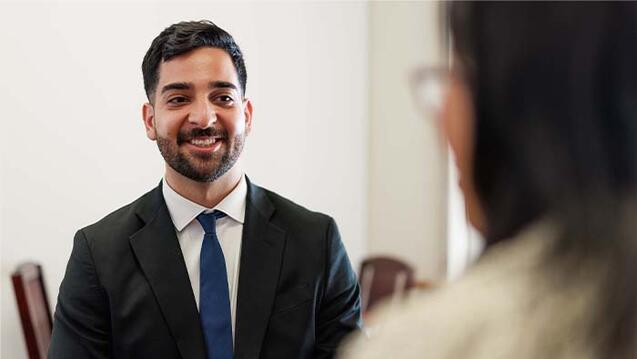
In-House Counsel Practicum
Step inside the legal departments of startups, established companies, and non-profits and see what it takes to succeed as in-house counsel. In this practicum, you’ll work directly with organizations ranging from fast-moving tech start-ups to large corporations, while earning academic credit and sharpening the skills employers look for.
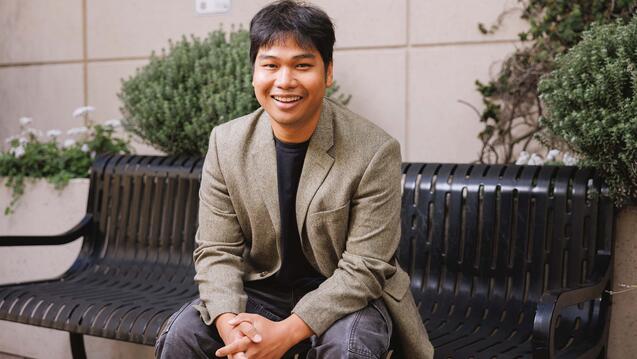
CREATE Law Clinic
In the CREATE Law Clinic, the focus is on supporting the creator. You’ll stand alongside artists, entrepreneurs, technologists, nonprofits, makers, and small businesses as they build and grow.
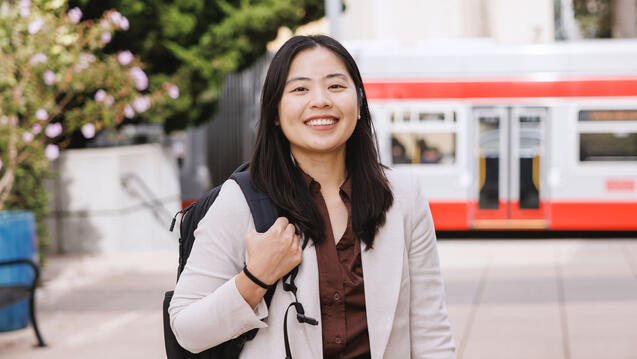
Frank C. Newman International Human Rights Law Clinic
Become a leader in human rights advocacy. At the Frank C. Newman International Human Rights Law Clinic, you'll work alongside inspiring human rights defenders in exile to create real change.
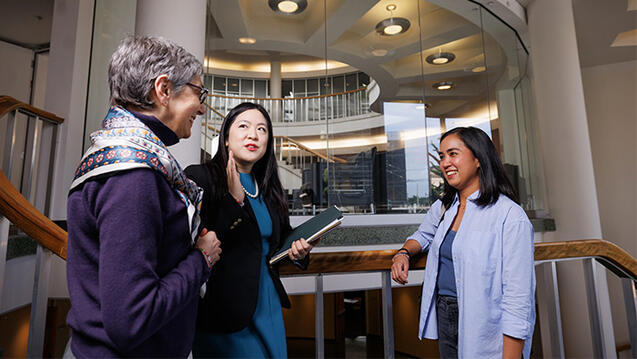
Racial Justice Clinic
Students in the Racial Justice Clinic (RJC) investigate wrongful conviction claims, work to implement the California Racial Justice Act, and represent students of color in Title IX campus disciplinary proceedings.
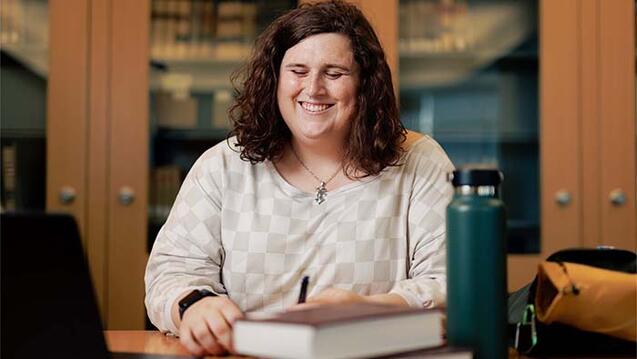
Tax Law Practicum
Put your tax law knowledge to work and gain real experience helping clients in either the state or federal level. In this practicum, you’ll work directly with taxpayers, many of whom are low-income, while sharpening your advocacy skills and building expertise in one of law’s most complex and high-impact fields.